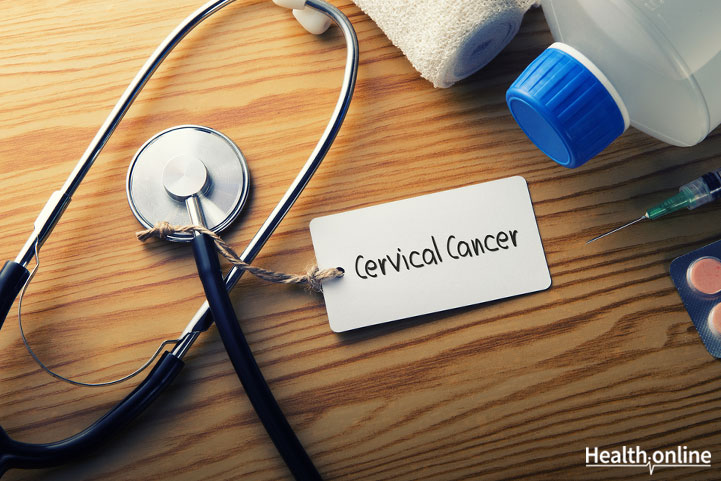
Treatment and Prognosis of Cervical Cancer
Treatment of Cervical Cancer:
An individualized treatment plan must be developed based on one’s own medical history and staging of cancer. Most interventions include surgery, radiation and/or chemotherapy.
Stage 0 cancer is treated with either cryosurgery, laser ablation or loop excision. In early stages of cancer, mainly Stage I, surgery is the standard of care. Hysterectomy can actually be the cure of early Stage I cervical cancer, as well as prevent recurrence. Discuss with your physician if you require a Simple Hysterectomy or a Radical Hysterectomy.
Radiation therapy may be indicated in Stage I cervical cancer. It will be based on medical history and personal evaluation by your physician. For Stages IA2, IB or IIA cervical cancer there are two treatment options available: combined external beam radiation with brachytherapy and radical hysterectomy with bilateral pelvic lymphadenectomy. For Stage IIB, III or IVA, the recommended therapy is external beam radiation to decrease tumor size, and then brachytherapy. Research and clinical studies have shown that combination chemotherapy has dramatically improved patient’s’ chances of survival. For Stage IVB and recurrent cancer, individualized therapy and palliative therapy will be recommended based on the individual case.
Prognosis of Cervical Cancer:
The prognosis of patients with cervical cancer is based on 5-year survival rates. Stage I has a prognosis of greater than 90%. Stage II has a prognosis of 60-80%. Stage III has a prognosis of approximately 50% and Stage IV has a prognosis of less than 30%.
It is imperative to remember that you are an individual and not a statistic. While statistics offer insight into the patient population, each individual is unique and thus these statistics will not apply to everyone. It is imperative that early diagnosis is done so that each patient has the best chance of survival.
Cervical cancer can be a devastating diagnosis. However, it is a type of malignancy that can be prevented and treated with early diagnosis. Therefore, it is imperative to follow up with your OB/Gyn and be screened annually. Speak with your healthcare provider to determine the most appropriate treatment plan for your individual case.




